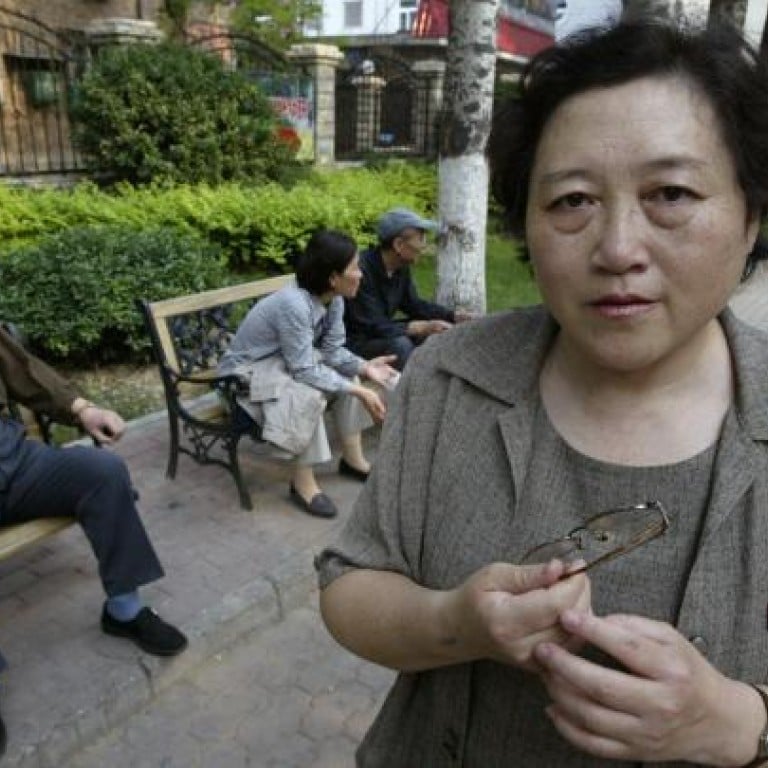
Activist's plan to legalise gay marriage submitted to NPC
“A [National People's Congress] member has brought the proposal to the parliament meeting, but only as a ‘suggestion’,” Li Yinhe said. On multiple occassions since 2003, she has entrusted NPC members to submit her proposal on gay marriage on her behalf.
A prominent Chinese sociologist and sexologist said on Sunday her proposal to legalise same-sex marriage had been submitted to the parliamentary session in Beijing - but only as a recommendation, which means there is low likelihood her plan would ever become law.
Li Yinhe, 61, is known as an advocate of women's rights and has long called for greater tolerance of nonconventional sexual activities in China. On multiple occassions since 2003, she has entrusted parliament members to submit her proposal on gay marriage on her behalf.
A suggestion can become a legislative proposal only after it is signed by at least 30 members, she explained.
"Homosexual people are Chinese citizens and there are homosexuals who want to get married. Their request should be addressed as it does not run against their civil rights as citizens,” reads Li’s proposal.
China’s parliament, the National People’s Congress, started its week-long meeting on Tuesday in Beijing. NPC members are eligible to propose legislation to the congress agenda and vote on them. They can also make suggestions, or give feedback, on topics of discussion.
Li did not reply to the South China Morning Post’s request for an interview on Wednesday.
A majority of the comments on Li’s Weibo post showed overwhelming support.
“Although [I am] aware there is still a long way to go in safeguarding gay rights in China, [I] still appreciate your relentless efforts,” one comment read.
“We were born attracted to people of the same sex; it is not something we choose. Aren't government restrictions on homosexual activities an act of expropriating our right to love?” one user commented.
Same-sex marriage is prohibited in China, but the country has seen public appeals to legitimise it on the rise in recent years.
Last week a lesbian couple's failure to register for marriage triggered sympathy from gay rights activists.
The also reported last week that more than 100 parents of gays and lesbians sent an open letter to NPC members, urging change in the law.
“Some of our children have lived with their mates for almost 10 years. They love, support and take care of each other but are not allowed to sign a letter of consent for the other to undergo surgeries,” the letter read.

